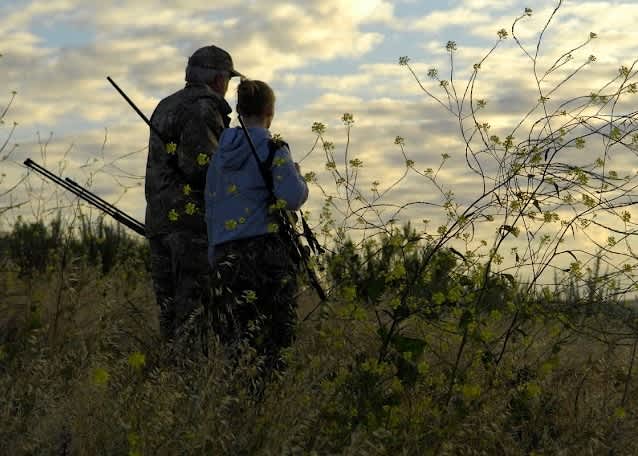California Outdoors Q&As with Carrie Wilson: Hunting on Private Property and Other Questions

Hunting and Guiding on Private Property
Question: My parents have 370 acres of land in the Blue Lakes area. We have harvested a few feral hogs and I am thinking about trying to start a guide service. What steps do I need to take to become a guide? Also, are we required to purchase licenses and tags to hunt on our family’s private property, or is it only required for federal and public land? I have been buying hunting licenses and tags to hunt on public land, but I was told we didn’t need to on our land. I would rather hear it from a professional instead of letting rumor get somebody in trouble. Thank you for the clarification. (Paul)
Answer: Yes, even landowners must purchase licenses and tags to hunt on their own property. Wildlife is a public trust resource and belongs to the people of California and not to the people who own the land that the animals may reside on or travel over.
And regarding your question about a hunting guide license, “guide” means any person who is engaged in the business of packing or guiding, or who, for compensation, assists another person in taking or attempting to take any bird, mammal, fish, amphibian or reptile. “Guide” also includes any person who, for profit, transports other persons, their equipment, or both to or from hunting or fishing areas. There are no courses or tests one must take to become a hunting guide.
The basic requirements are to fill out the Department of Fish and Game (DFG) guide license application and pay the license fees. The current cost for an annual resident guide’s license is $204.97. Employees of the guide who assist in the service are also required to have a guide employee registration license that costs $45.06.
Guides must not have any DFG violations in the two years preceding their application. A prospective guide with DFG-related violations may have his or her application denied and licensed guides with violations may have their licenses revoked.
A guide must also purchase and maintain a “performance bond.” The bond is to protect the clients and assure that any deposit a guide receives from a client to reserve a future trip will be returned to the client if the guide cancels and tries to keep the deposit.
For more information on acquiring a guide license, please go to www.dfg.ca.gov/licensing/forms/ and see Fish and Game Code sections 2535-2546 and California Code of Regulations Title 14, section 745.
Legal decoys
Question: I am interested in hunting doves, pigeons, turkey, deer and/or ducks. I see that some states allow hunters to use decoys to lure in their game and would like to know what’s okay and what’s not. Since there are so many sold in the markets now, how do you know which are legal to use in California and which are not? (Sam X.)
Answer: Wildlife decoys are generally legal to use in California. There are restrictions for motorized spinning wing decoys for waterfowl during the first portion of each waterfowl season. Please see CCR Title 14 section 507(c) in the waterfowl hunting regulations.
Grizzly Bear Tooth
Question: I received a grizzly bear tooth amongst some of my grandfather’s possessions after he passed away. My grandfather grew up here in California and was an amateur geologist (never hunted), so I think he either found or purchased the tooth, although I have no proof. I was wondering if it is legal to possess or sell the tooth here in the state of California. I don’t want to break any laws. (Laura J.)
Answer: It is legal for you to possess it but you cannot try to sell it. According to DFG Statewide Coordinator or Bear, Mountain Lion and Wild Pig Programs Marc Kenyon the sale or purchase of any bear part in California is prohibited (FGC, section 4758 (a)). Even offering it for sale over the Internet is a federal violation that could make you subject to prosecution under the Lacey Act.
Looks like you may possess the tooth, or give it away but you may not sell it. Sounds to me like you may have an interesting piece of California’s history, as grizzly bears are extinct in the state — enjoy it.
Halibut fishing in the Bay
Question: If I’m trolling for halibut in the San Francisco Bay, can I use another line that has only dodgers and flashers on it without any hooks to attract the fish closer to my boat? I will only have one pole or line with a hook on it. (J.V., Rodeo)
Answer: Yes.

